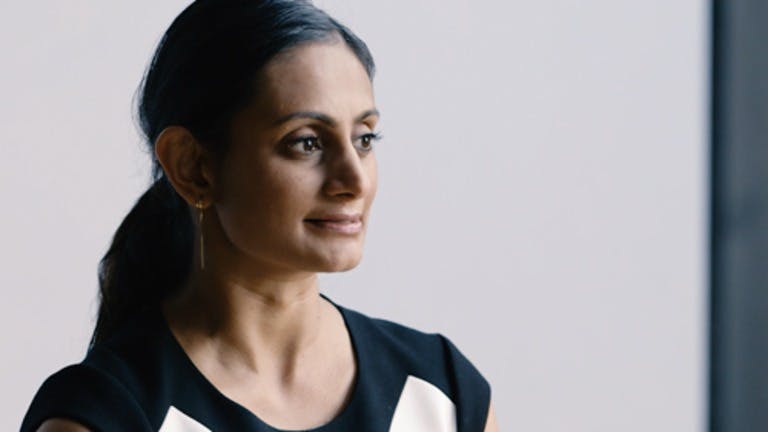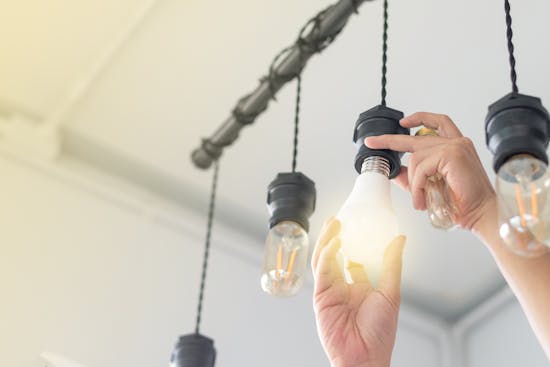Choosing to become a founder is an odd choice. It’s signing up for long hours, high stress and great uncertainty. So why do we do it? And what makes for success when the odds are against us?
Recently, KPMG published a survey about start-up founders, and the results aren’t surprising. On average we have higher stress levels, work more hours for less pay, don’t spend enough time with friends and family and aren’t satisfied with our level of physical activity. And of course, all of this contributes to a higher level of mental stress, which means that our ability to cope with day-to-day life is that much more reduced.
So when I look at founders who inspire me, the ones that really stand out are the ones who embrace this high-stress existence and work with it, rather than against it. At the end of the day, we choose to be start-up founders, in the same way that we choose to run a marathon. And start-ups truly are marathons, not sprints. It’s a metaphor that, while cliché, is appropriate.
While my longest running session has only ever extended to a single half-marathon, I’ve logged many years at start-ups and here are three things that I’ve personally found to be true:
"Start-ups truly are marathons, not sprints"
The great pretender
Start-ups are hard and there’s a great deal of pressure to outwardly express only the positive, otherwise known as “crushing it”. At one of my start-ups, I was dealing with terminal illness in my family while breaking up a long-term relationship. And yet, during that time, I was incredibly productive at work, releasing some of our biggest products. If anyone had asked me how I was doing, I was great. A few weeks after getting those releases out, I sank into a severe depression. Far from crushing it, I was being crushed. It took time to get back to a place of normalcy.
In the world of start-ups, things are great or terrible, but rarely in between and we don’t often discuss what’s not going well. Whether it’s talking to my cofounder, investors, or family and friends, I try to be open about what’s going well and what isn’t. Now, my answer to “how are you doing?” is probably more than people want to hear, but it’s the truth and I feel healthier as a result.
You can’t do it all
There will never be enough hours in the day to accomplish all of your tasks. Getting to inbox zero will get you nowhere. I’ve lost countless hours of rest and cleared out my email more times than I can count only to realise that I should have slept more and ignored more emails. What matters at the end of the day is doing the one thing you’re supposed to be doing really well.
At :Different, it’s about property management. Our focus is singular, delivering the best possible experience to owners and tenants. And that translates into everything that our employees do. If it’s not critical to your mission, you shouldn’t work on it. If it’s critical to your mission, are you doing it as well as it can be done? And if you’re doing it as well as it can be done, have you figured out how to scale it?
It’s not a job
Choosing to found a start-up requires a different mindset than doing a job well. Your personal reputation, your savings and your ego are on the line in a way they’re not when you work for someone else. The difference between being an employee and a founder is profound and the biggest change is that it’s not just about you, but also about all the people you employ and their futures. As you make the hundreds of decisions you need to make daily, think about them in the context of where you want the company to be in the long term, and the many small steps it will take to get there.
Starting a company is both a choice and a responsibility, and we owe it to ourselves and our team to aim for something big. In The Lord of the Rings, on the eve of a battle, one of the characters says: “Certainty of death. Small chance of success. What are we waiting for?” That encapsulates exactly how I feel about start-ups. It’s our choice, and we do it anyway, embracing the good and the bad to make it work for us every day.
Mina Radhakrishnan is co-founder of property tech start-up :Different, and previously global head of product at Uber. Mina will be presenting at the Above All Human conference on 29 August.
Article originally published on the 27 of August 2018 on the Australian Financial Review:
https://www.afr.com/leadership/entrepreneur/three-truths-that-startup-founders-must-accept-20180827-h14kge




.png?ixlib=gatsbyFP&auto=compress%2Cformat&fit=max&rect=0%2C0%2C4000%2C1400&w=700&h=245)

